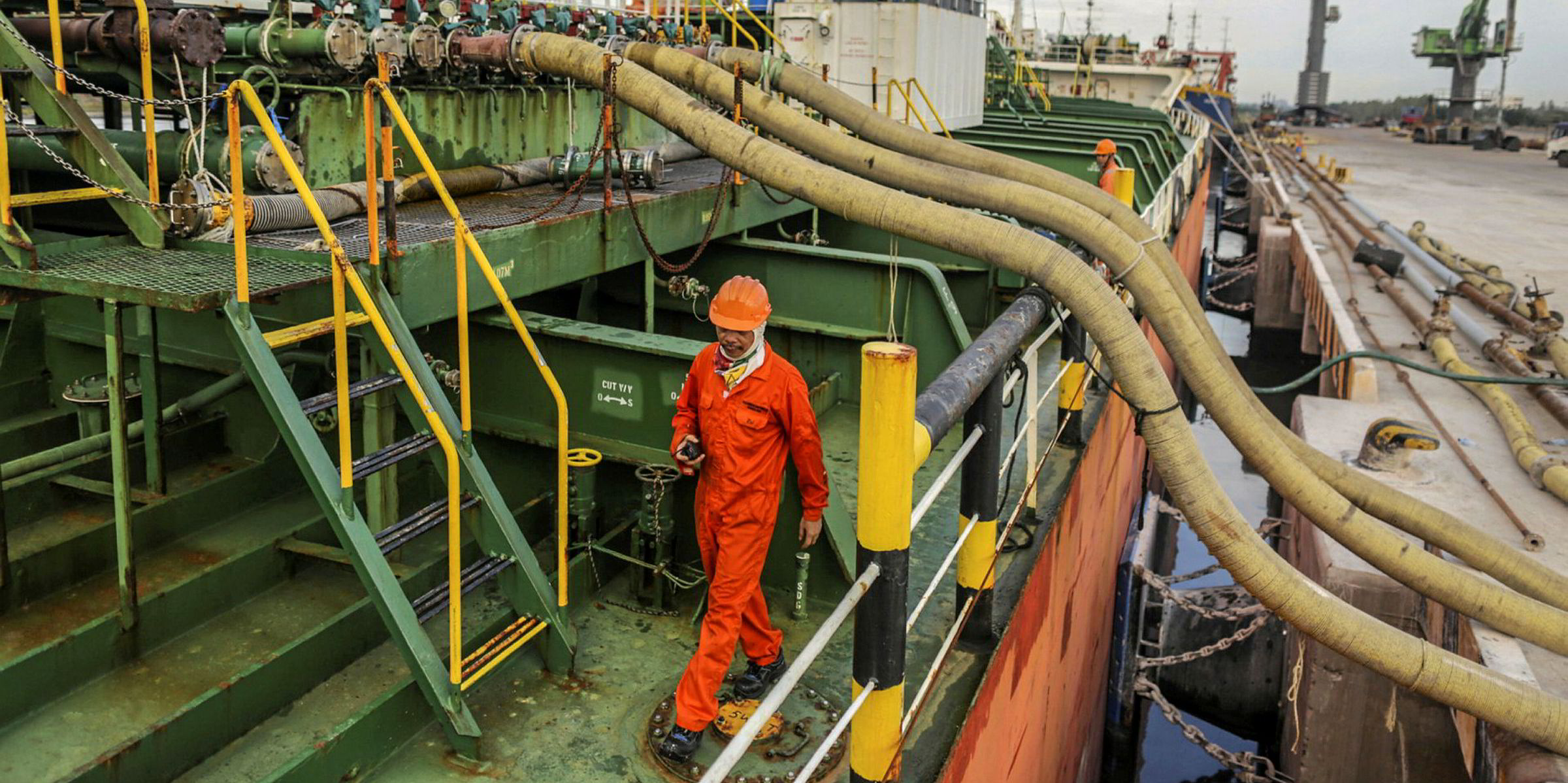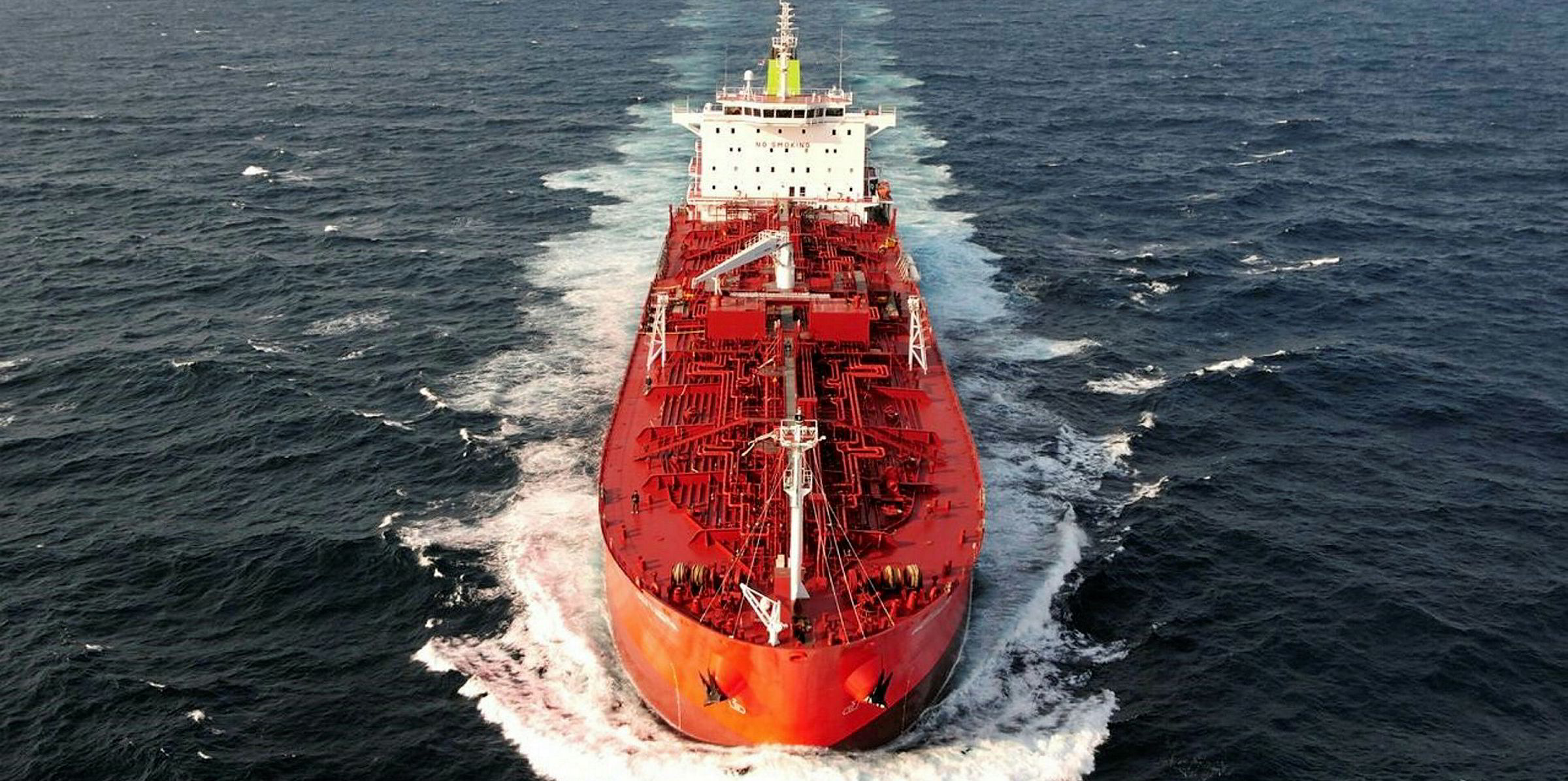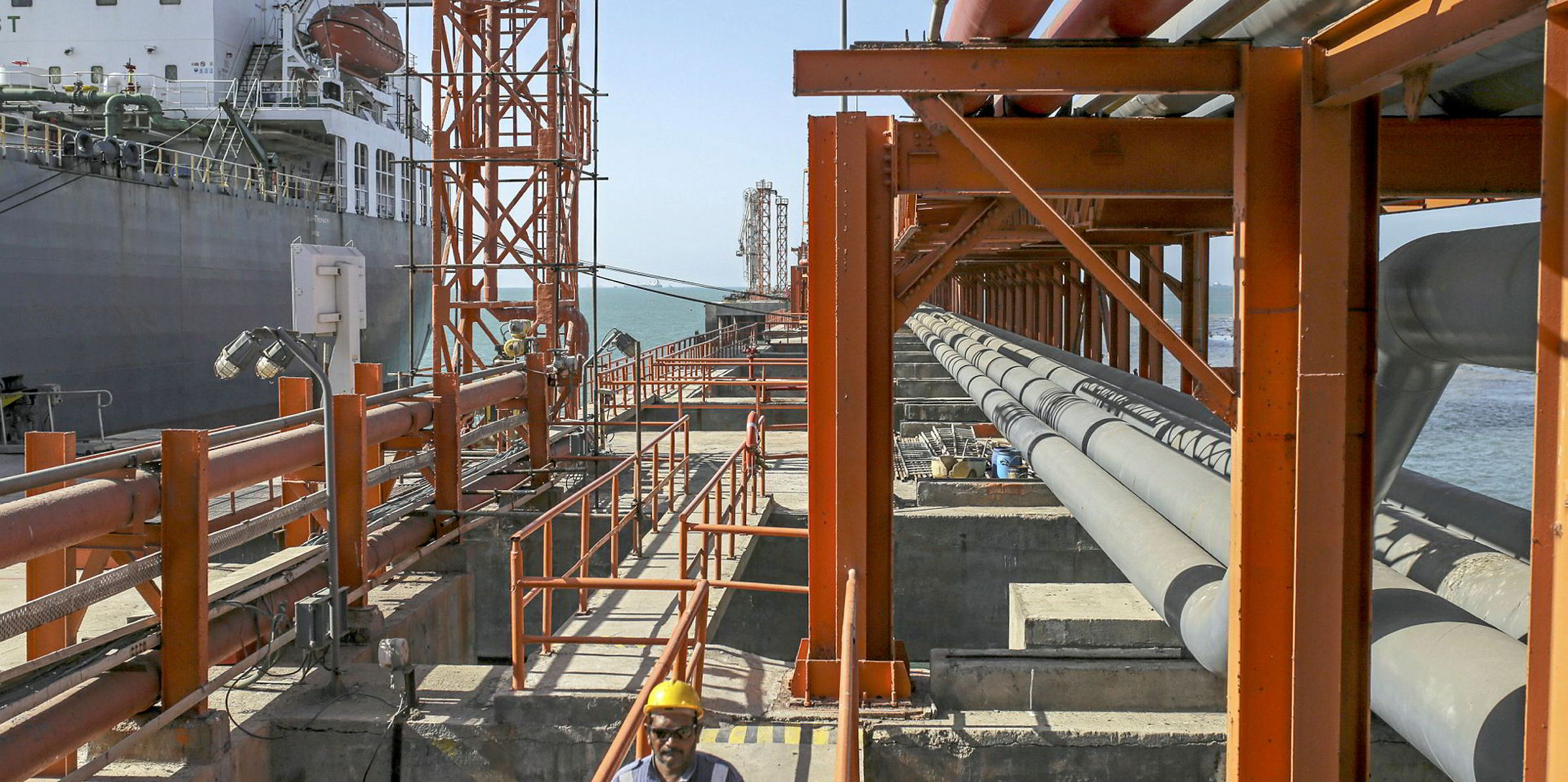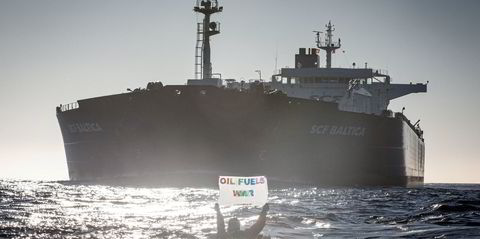India’s three-week coronavirus lockdown threatens to play havoc with the regional chemical tanker market, Singapore broker Eastport Maritime warns.
Bulk liquid chemical and palm oil imports could be hurt by slowing demand, plant shutdowns, logistical constraints and rising port inefficiencies.
“India shipped over 9m tonnes of palm oil last year, making it the world’s largest importer by a large margin,” said Andrew Shipley, head of strategy at Eastport.
Falling demand
The Solvent Extractors’ Association is expecting edible oil demand to fall by between 500,000 tonnes and 700,000 tonnes, from 14.9m tonnes last year.
“This represents a loss of around 400,000 tonnes of palm oil cargoes, based on our estimates,” Shipley said.
However, the brokerage said there were “significant downside risks” to estimates of palm oil losses, given the uncertainty regarding how demand would hold up during the lockdown, and whether it is extended.
Eastport said shipments of ammonia to the subcontinent might also be affected. India is the world’s largest importer of anhydrous ammonia, with volumes of 2.6m tonnes in 2019.
“Several ports in the country have declared force majeure, while others are closed,” Shipley said.

According to Eastport Maritime, force majeure has been declared on activities and operations at the ports of Dhamra, Karaikal, Gopalpur, Gangavaram, Krishnapatnam, Adani-Mundra, Hazira, Angre and all 44 ports under the Gujarat Maritime Board, to limit their responsibility for any claims, damages and charges arising from the lockdown.
India’s palm oil imports are already down heavily — February’s volumes of 540,000 tonnes fell by 28% year on year, amid political tensions with Malaysia and a credit crunch.
Shipley said Indian processors have been drawing down stockpiles instead of importing, resulting in inventories falling for a third consecutive month.
India shipped over 9m tonnes of palm oil last year, making it the world’s largest importer by a large margin
Eastport Maritime
“Refiners could delay palm oil purchases amid the lockdown, and this is likely to put downward pressure on freights to India,” he said.
In wider terms, the Eastport Global Chemical Freight Index has fallen 5% year to date, amid weaker demand caused by Covid-19.
The index is computed using 28 benchmark freights in major trade lanes, weighed according to cargo volumes. Asian freight rates have plunged 11% this year.
In the crude sector, the impact of the lockdown is yet to be felt, according to figures compiled by shipbroker Banchero Costa (Bancosta).
Remarkably positive
“This has still to be reflected in the trade numbers, which, for one reason or another, have actually been remarkably positive in the first quarter of 2020,” said Ralph Leszczynski, Bancosta’s head of research in Singapore.
In the opening three months, India imported 57m tonnes of crude oil by sea, according to vessel tracking data from Refinitiv, Bancosta said.
“This represents an increase of 7.2% year on year, compared to the 53.2m tonnes imported in the same three-month period of 2019.”
Bancosta said January showed a 5.6% year-on-year increase to 18.57m tonnes, while February rose by 10% to 18.64m tonnes and March saw a 6.1% year-on-year boost to a record 19.84m tonnes.
Last year, 61% of all crude shipments to India were sourced from the Middle East Gulf; Iraq accounted for 23% and Saudi Arabia accounted for 19%.
Leszczynski said Jamnagar port saw imports of 68.9m tonnes of crude last year, or almost one-third of India’s imports, followed by Vadinar with 39.2m tonnes (18%) and Paradip with 29.3m tonnes (14%).
Other major importers were Mundra (16.9m tonnes), Cochin (15.7m tonnes), Mumbai (15.1m tonnes), New Mangalore (9.3m tonnes), Chennai (8.5m tonnes) and Vizag (7.2m tonnes).







